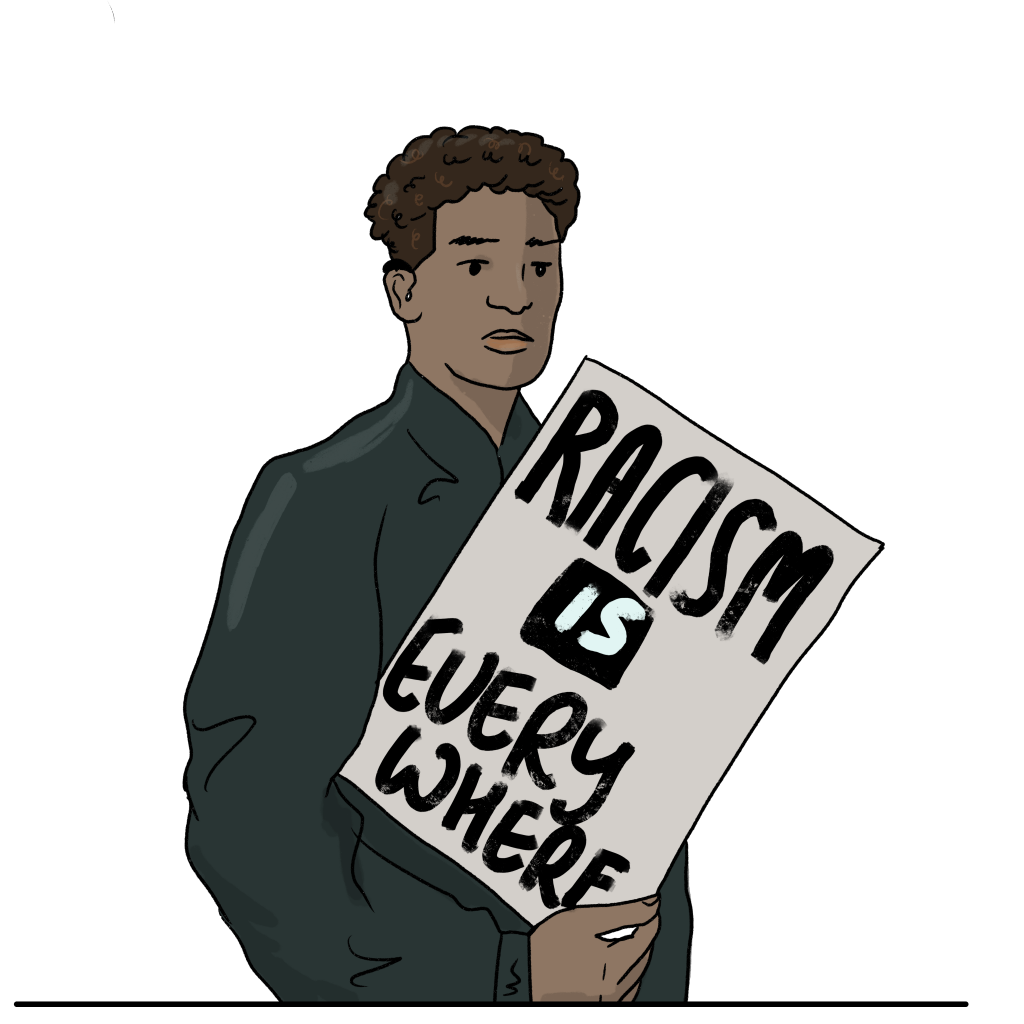
Whakatika has confirmed that racism impacts Māori on a daily basis, in a number of ways. The harms of racism include grief and anger, and it impacts our connections to tūpuna and mokopuna across generations.
Whakatika has highlighted that legal definitions of racism and discrimination, which look only at an individual without looking at the impact on whānau, hapū, iwi and Māori communities, fall short of capturing the true costs of racism as an attack on rangatiratanga. They also fail to give adequate recognition to the role played by whānau as we navigate the many ways racism invades our daily lives.
The results of Whakatika show the need for broad anti-racism activities that are based on mana motuhake and that strengthen Māori connections to te taiao, our lands, rivers, mountains and harbours. Similarly, the results indicate that racism and discrimination are so widespread that they will never be conquered through isolated activities, such as unconscious bias training, alone. Addressing racism requires a, constant, consistent, Māori-focused multipronged approach.
Since finishing our work on the Whakatika survey, we have observed a number of moves to acknowledge and address racism. This includes media acknowledgement of racism and bias in reporting, worldwide support for the Black Lives Matter protests originating in the United States, and the Ministry of Education drafting a new Aotearoa New Zealand history curriculum for public feedback, which includes a deeper look at Māori history and at colonisation (including consequences and ongoing impacts) (Ministry of Education, 2021). However, we are well aware that hard fought gains can be eroded, and that widespread discussion on racism can be forgotten by governments, as it was in the decades following Pūao-te-ata-tū (Department of Social Welfare, 1988). For these reasons we see recent developments as positive but will remain vigilant in shining a light on continued manifestations of racism and their impacts on Māori.
We also note that the information for Whakatika was collected before the Covid-19 response throughout Aotearoa and globally. While we do not believe the Covid-19 experience would have dramatically altered our findings, we consider the Government response to Covid-19 and other pandemics would be strengthened by an understanding of the Whakatika findings.
